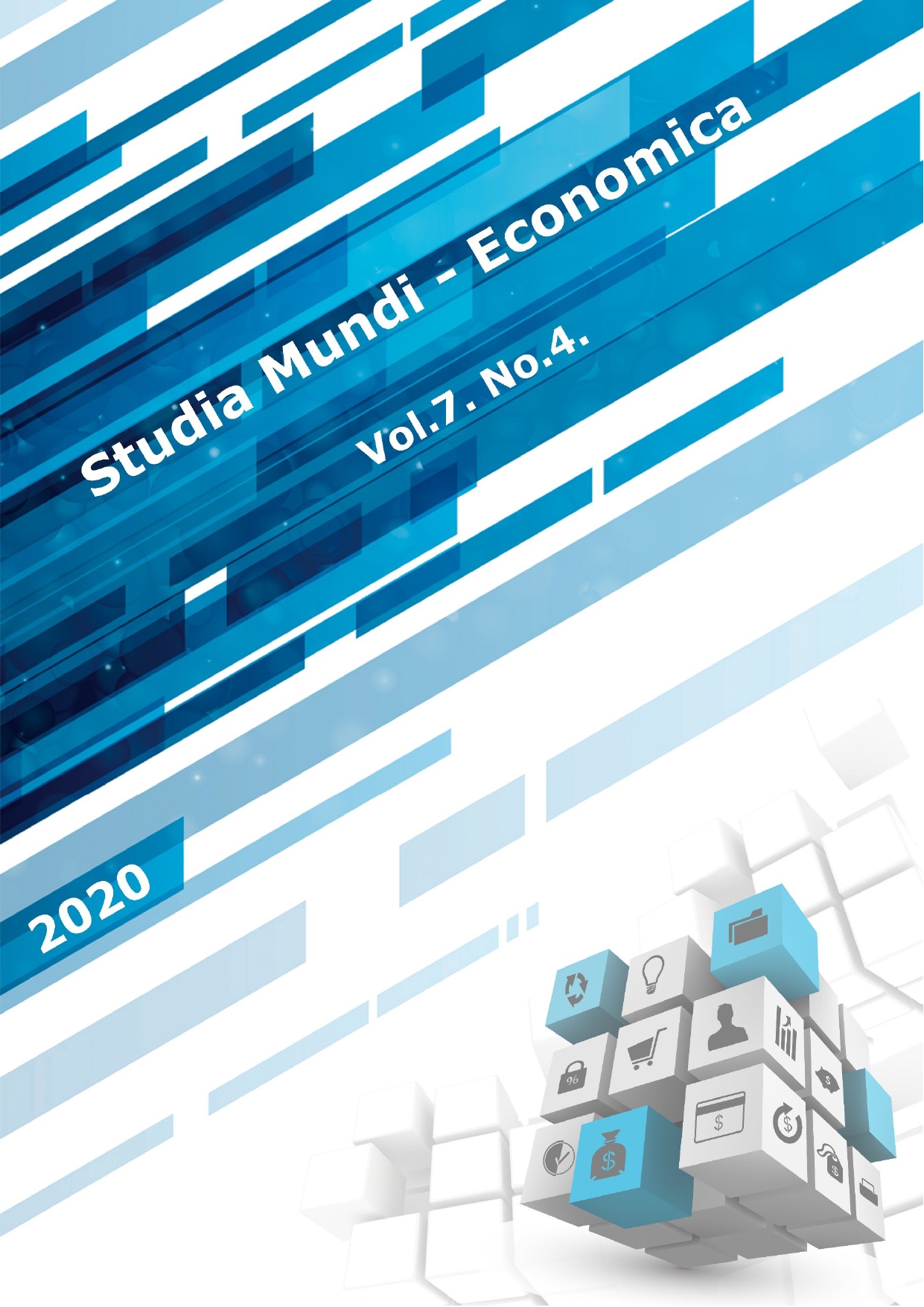Empowerment through entrepreneurship: rural women in Tunisia
DOI:
https://doi.org/10.18531/Studia.Mundi.2020.07.04.125-131Schlagwörter:
Female entrepreneurship, rural areas, Social and cultural effects, North Africa, TunisiaAbstract
This paper addresses an important literature gap concerning female entrepreneurship within rural communities in North Africa, particularly in Tunisia. This article is an overview of previous findings on the topic and specifically on the matter of environmental settings’ impacts on women’s efforts in rural entrepreneurship. The purpose of this overview is to provide a clearer picture on the situation of female entrepreneurship in rural areas, and the various obstacles that help explain both the work patterns and the home conditioning model. These obstacles include personal aspects as well as economic and demographic elements which may help in the development of assessment tools that aims to provide a more detailed approach to this subject. The exploration of these elements helps with the investigation of the impact of government support policies as well as the social and cultural effects on female entrepreneurship in the Tunisian countryside.
Literaturhinweise
AfDB. (2017). African Development Bank Group Annual Report.
Bank, W. (2012). The World Bank Annual Report 2012. Washington, DC.
Bank, W. (2014). The World Bank Annual Report 2014 (Vol. 1). Washington, DC.
Chambers, V., & Cummings, C. (2014). Building Momentum Women’s empowerment in Tunisia. London.
Cheikh, N. Ben. (2013). The Pass-Through of Exchange Rate in the Context of the European Sovereign Debt Crisis. Germany.
Children, M. of W. A. F. and. (2016). Tunisian Ministry of Women’s Affairs, Family and Children.
FAO. (2017). The State of Food and Agriculture. Rome.
Haddada, M. (2016). FEMALE ENTREPRENEURSHIP IN TUNISIA: WHAT ARE THE OBSTACLES AND CHALLENGES? University of Sousse.
INS. (2014). Recensement Général de la Population et de l’Habitat 2014 Principaux indicateurs.
Khefacha, I., Belkacem, L., & Mansouri, F. (2012). The Decision to Start a New Firm: An Econometric Analysis of Regional Entrepreneurship in Tunisia. IBIMA Business Review, 1–12 DOI: https://doi.org/10.5171/2012.345565
Mubarak, F. (2019). Rural Women in Tunisia: Excavations in Living.
OECD. (2012). Annual Report on the OECD Guidelines for Multinational Enterprises.
OECD. (2018). Annual Report on the OECD Guidelines for Multinational Enterprises.
ONEQ. (2013). Observatoire National de l’Emploi et des Qualifications Rapport annuel.
Sarfaraz, L., Faghih, N., & Majd, A. (2014). The relationship between women entrepreneurship and gender equality. Journal of Global Entrepreneurship Research, 2(1), 6. DOI: https://doi.org/10.1186/2251-7316-2-6
Unesco. (2015). Global Education Monitoring Report.
Unit, E. I. (2018). Global Liveability Index.
Downloads
Veröffentlicht
Ausgabe
Rubrik
Lizenz
Copyright (c) 2020 Dorsaf Maayoufi, Tibor Farkas, Emese Bruder

Dieses Werk steht unter der Lizenz Creative Commons Namensnennung - Nicht-kommerziell - Keine Bearbeitungen 4.0 International.
A folyóirat Open Access (Gold). Cikkeire a Creative Commons 4.0 standard licenc alábbi típusa vonatkozik: CC-BY-NC-ND-4.0. Ennek értelmében a mű szabadon másolható, terjeszthető, bemutatható és előadható, azonban nem használható fel kereskedelmi célokra (NC), továbbá nem módosítható és nem készíthető belőle átdolgozás, származékos mű (ND). A licenc alapján a szerző vagy a jogosult által meghatározott módon fel kell tüntetni a szerző nevét és a szerzői mű címét (BY).






